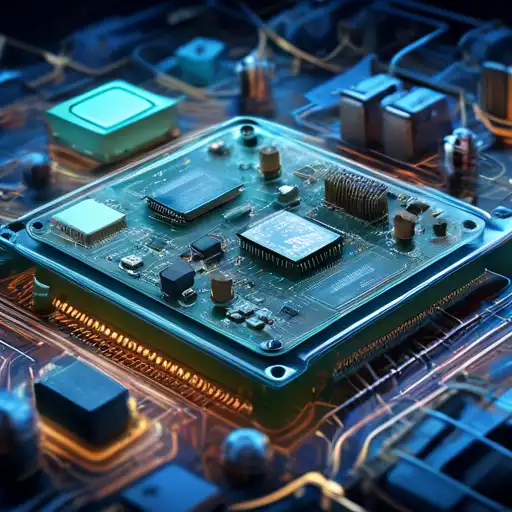The Hidden Power of Embedded Systems in Modern Smart Devices
Embedded systems are the cornerstone of today's smart devices, acting as the brains behind their functionality. From smartphones to smart refrigerators, these systems ensure that devices operate efficiently and intelligently. This article delves into the world of embedded systems, exploring their significance, how they work, and their impact on the Internet of Things (IoT).
What Are Embedded Systems?
An embedded system is a dedicated computer system designed for specific control functions within a larger system. Unlike general-purpose computers, embedded systems are optimized for their particular tasks, offering reliability, efficiency, and compactness. They are found in a myriad of devices, including but not limited to, medical equipment, automotive controls, and home appliances.
How Do Embedded Systems Work?
At the heart of every embedded system is a microcontroller or microprocessor. These components process input from the device's sensors or user interface and execute pre-programmed instructions to perform specific tasks. The integration of software and hardware allows embedded systems to operate autonomously or with minimal human intervention.
The Role of Embedded Systems in Smart Devices
Smart devices rely heavily on embedded systems to provide advanced features such as connectivity, automation, and user interaction. For example, a smart thermostat uses an embedded system to learn user preferences and adjust the home temperature accordingly, saving energy and enhancing comfort.
Embedded Systems and the Internet of Things (IoT)
The IoT revolution is largely powered by embedded systems. These systems enable devices to connect to the internet and communicate with each other, creating a network of smart devices that can collect, share, and act on data. This connectivity opens up endless possibilities for automation and smart technology applications.
Challenges and Future Directions
Despite their advantages, embedded systems face challenges such as security vulnerabilities and the need for continuous updates. However, advancements in technology are paving the way for more secure, efficient, and powerful embedded systems. The future of embedded systems lies in their ability to adapt to the evolving demands of smart devices and IoT applications.
Embedded systems are indeed the unsung heroes of the digital age, powering the devices that make our lives easier and more connected. As technology continues to advance, the role of embedded systems in smart devices and IoT will only grow, further embedding them into the fabric of our daily lives.
For more insights into the world of technology and smart devices, explore our technology section.
